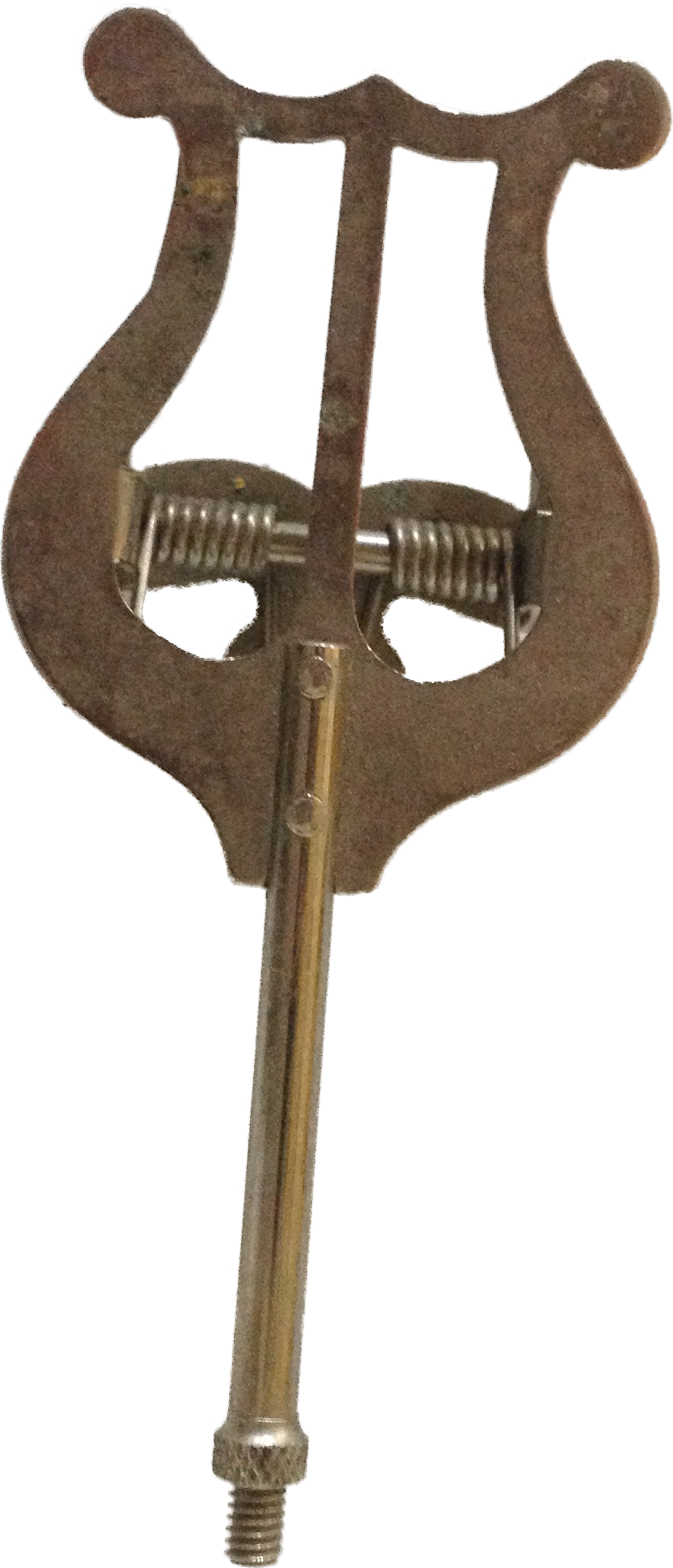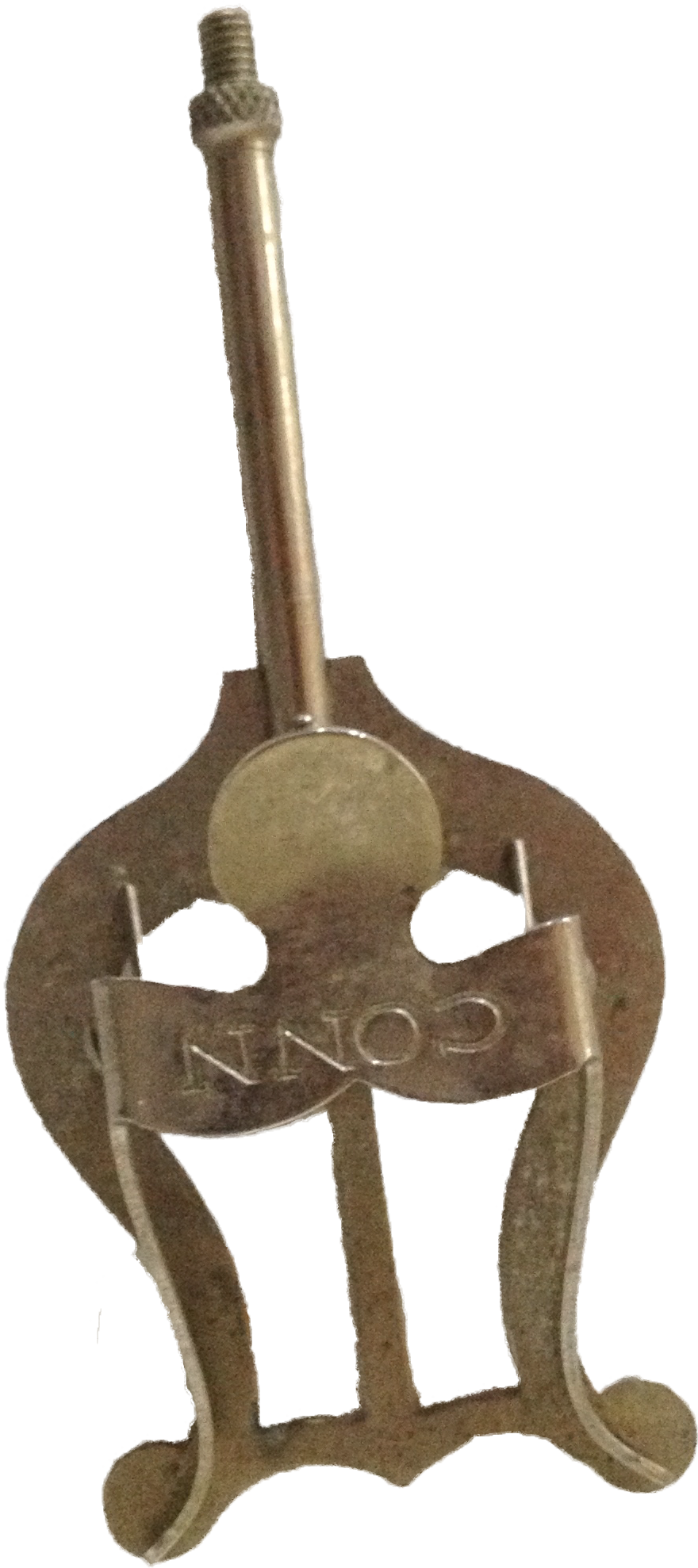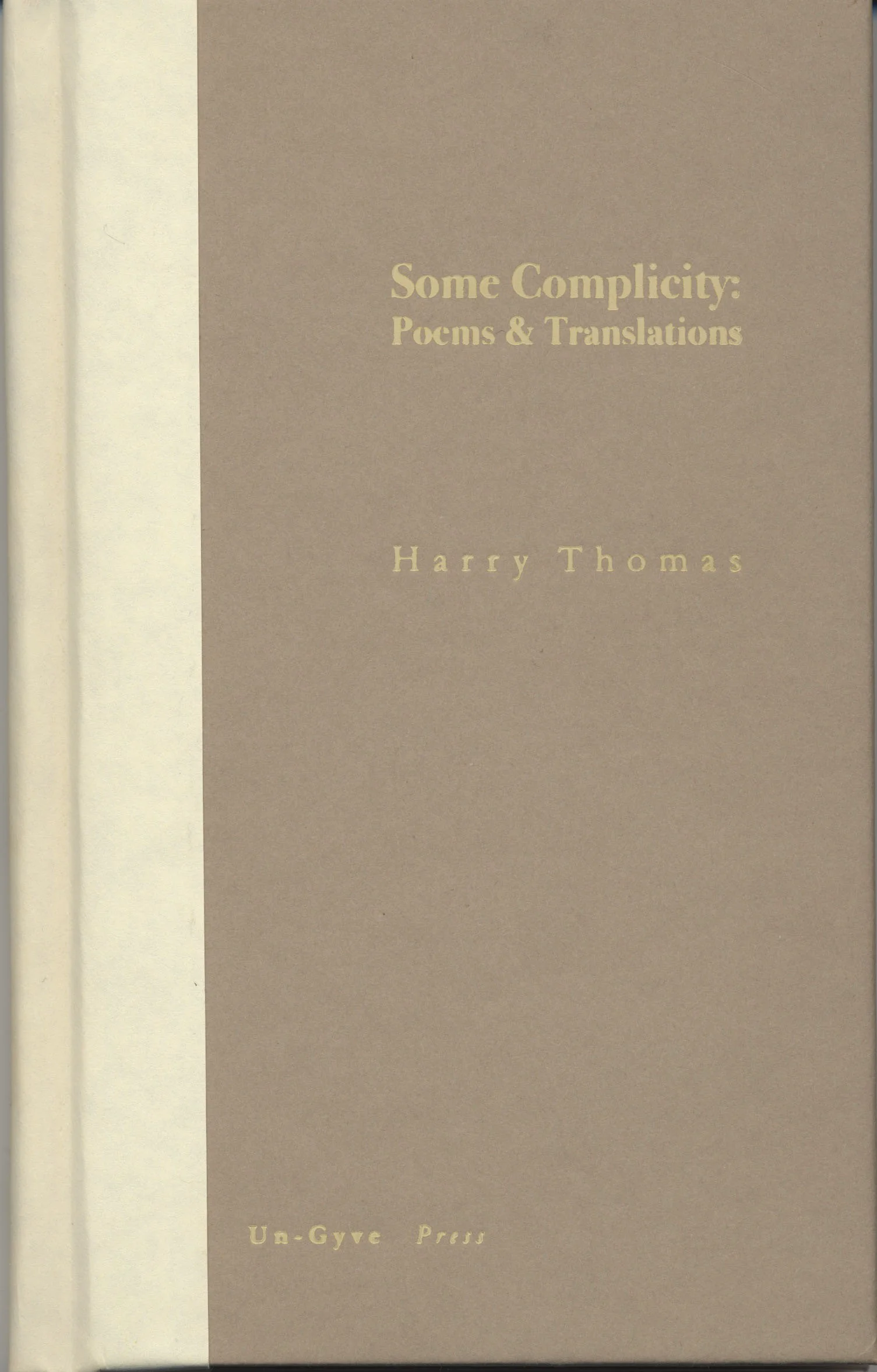The Goldkorn Variations: a trilorgy by Leslie Epstein. The cover illustration by Pablo Picasso, “Scène Erotique II 02-08-1962,” 1962, appears courtesy of the Estate of Pablo Picasso / Artists Rights Society (ARS), and the Pace Gallery.
November 9, 1901, the day on which, in the empire of the late Franz Joseph, in the town of Iglau, L. Goldkorn was born. Happy birthday to you! Will this day be remembered like February 12, the birth date of A. Lincoln, who walked miles through the snow to pay the one penny fine on a book; or like February 22, the nativity of G. Washington, who hurled a larger coin across the Potomac? We cannot yet say. Perhaps if the score of my Esther should, at the Metropolitan Opera, receive a premiere. Then might the musical world recall a ninth of November the way they do a third of April or a fifteenth of March, the birthdays of Halévy and Meyerbeer.
Let us turn our gaze from the gazette cover to its rear. Here we see a full female form, platinum-haired, in a dickey too small to contain the mams. With one hand she holds the base of a telephone, with the other she presses the receiver to her ear. So that we might know her thoughts, we see the printed words, I’m Waiting For You and the following number: 1-800-666-HOTT. I was not, as they say, born overnight. If one accepted this toll-free proposal, one could engage in frank discussions. Alas, I have been by the Bell Company for many years non-connected.
Of course November 9 is well known as the day of the abdication of Wilhelm II and the founding of the Weimar Republic. Also for the anniversary of one of those days so infamous that—as with the assassinations of President “Jack” Kennedy and the Archduke Ferdinand—one can never forget precisely where one was or what one was doing.
BOSTON, MA, NOV. 9, 2022
The Goldkorn Variations collects in one definitive volume, with a new afterword by the author, three previously published novels (originally from E.P. Dutton and Norton presses) about an aged European flautist, his music and his loves, from childhood to age one hundred and four. The author, Leslie Epstein, introduced Leib Goldkorn in his novella The Steinway Quintet, which received the American Academy of Arts and Letters award for Distinguished Achievement in Literature, and which later became one of the three tales collected in the first of these volumes. That in turn spawned what came to be known as Goldkorniana. The illustration by Pablo Picasso, “Scène Erotique II 02-08-1962,” 1962, appearing on the cover of The Goldkorn Variations courtesy of the Estate of Pablo Picasso / Artists Rights Society (ARS), and the Pace Gallery, is one which the author, Leslie Epstein feels “particularly captures the undying energy of a man who never seems to grow old—in that sense, perhaps, Leib Goldkorn is like Picasso himself.”
“As his earlier fiction has demonstrated, Mr. Epstein is an exuberant writer, whose ambitions to address the large matters of history, and our moral and intellectual choices, is matched by a commodious talent—an ease in story-telling and a screwball feeling for comedy that counterpoints the high seriousness of his subjects and invests them, at once, with humanity and a sense of emergency…. Reason and passion, death and life, the mundane and the momentous come crashing brightly together. And by the end, as Leib Goldkorn re-embraces music as a symbol of nature and harmony, the reader, too, is moved to celebrate the redemptive powers of the imagination—and to applaud Mr. Epstein’s artistry and ambition.”
Leslie Epstein is an award-winning author who has written twelve books of fiction, including the celebrated novels San Remo Drive and King of the Jews, and his most recent, Hill of Beans: A Novel of War and Celluloid, a chronicle of the making of Casablanca, for which his father Philip and uncle Julius were the screenwriters. He teaches at Boston University, where he directed the Creative Writing Program for thirty-six years.
Leslie Epstein; photograph courtesy of Ilene Epstein.































The Roger Lonsdale archive, at Balliol College, Oxford, includes his reflections, in 2005, on his poetry, with lists of his ninety poems—alphabetically by first lines, and chronologically—as well as his notebooks as a poet; and, at that time, he noted, in reference to these sixteen poems from Un-Gyve Press in a numbered, limited edition of seventy-five: “At present the following seem worth preserving for one reason or another.”